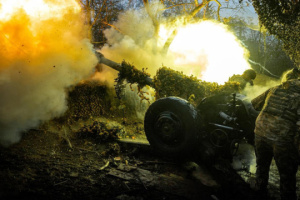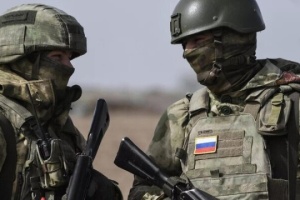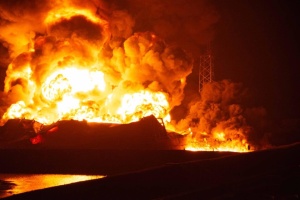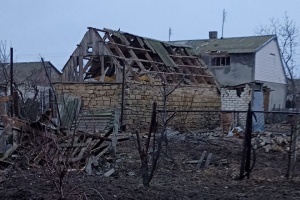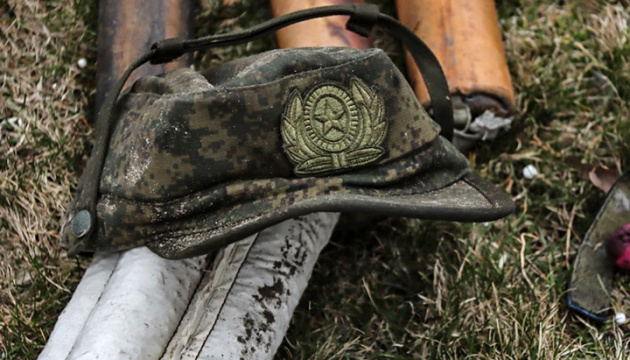
Kremlin using deal with North Korea to avoid military call-up - ISW
That’s according to a report by the U.S.-based Institute for the Study of War (ISW) think tank, seen by Ukrinform.
With reference to Ukrainian media, analysts note that the Russian 11th Airborne (VDV) Brigade is forming a 3,000-person “battalion” staffed by North Korean citizens (the numerical strength is far beyond a battalion’s). Ukrainian intelligence sources assessed that the “battalion” will likely be involved in ongoing Russian defensive operations in Kursk Oblast and reported that up to 18 North Korean soldiers have already deserted their positions in Bryansk and Kursk oblasts before the unit has been committed to combat operations.
ISW could not independently verify these reports, but Russian officials did not deny them on October 15. Putin submitted the text of the comprehensive strategic partnership agreement with the DPRK to the State Duma for ratification on October 14. Kremlin Spokesperson Dmitry Peskov emphasized in a comment to Kremlin newswire TASS that the Russia-North Korea agreement is "unambiguous" in its provision of "mutual defense and security cooperation."
"The Kremlin is likely using the "mutual defense" provision of the agreement to provide the legal justification for the deployment of North Korean soldiers to the combat zone in Russia in response to the Ukrainian incursion into Kursk Oblast," ISW believes.
Beyond the legal justification, however, the Kremlin's willingness to enter into a mutual defense agreement with North Korea, resulting in the reported commitment of North Korean personnel into combat operations in Russia, highlights Putin's continued reliance on pursuing alternative force generation avenues instead of committing to declaring partial or general mobilization, the summary said.
This dilemma has become particularly acute for Putin since Ukraine's August 2024 Kursk Oblast incursion, as the Russian military had to reckon with new manpower requirements introduced by the need to defend an entirely new front within Russia itself, analysts note.
"Putin appears more willing to absorb North Korean personnel into the Russian military and resort to other irregular force generation efforts than to call for a wider mobilization to actually address the combat situation in the theater of operations," experts say.
As Ukrinform reported earlier, on June 19 the report came that the leaders of North Korea and Russia, Kim Jong-un and Vladimir Putin, had signed in Pyongyang a comprehensive strategic partnership agreement which raised relations between the two countries to the level of allies.

